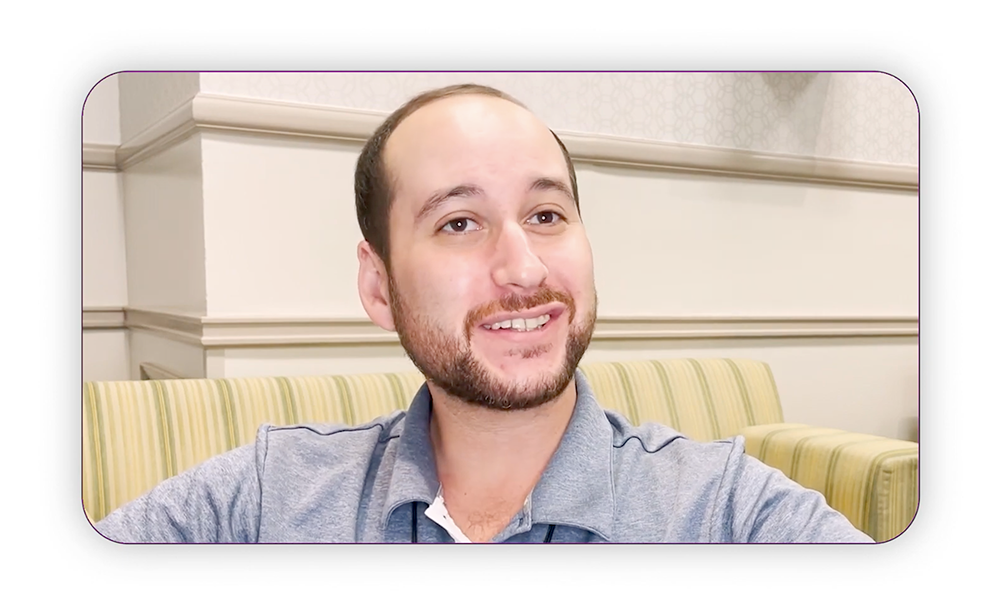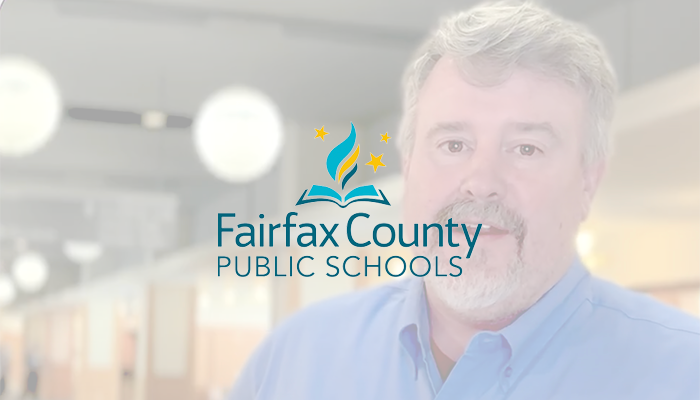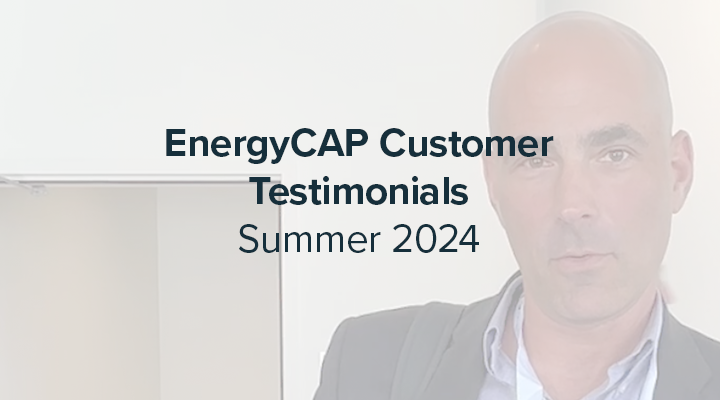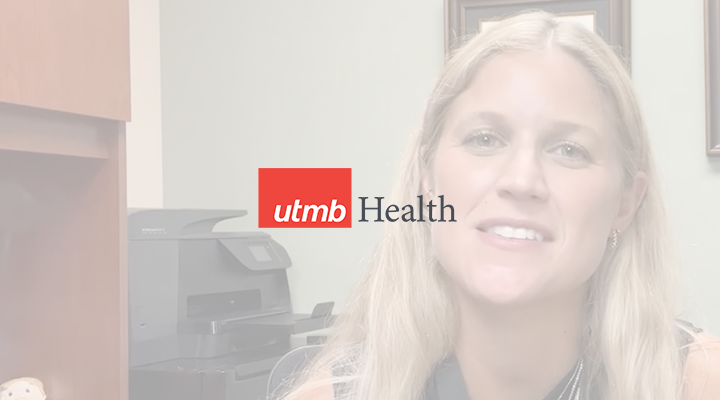Alex Trachtenberg // Fulton County, GA
"It's been extremely beneficial compared to where we were before, where it was just all segmented and separated and, like paper bills and just kind of all over the place."
Tell us about yourself.
I’m Alex Trachtenberg. I’m the energy and sustainability manager for Fulton County government in Georgia. We have about a million plus people in the county. Fulton county government has about 100 facilities, several million square feet, lots of utilities, lots of bills, all that kind of stuff as well.
What are some of the goals your county has around energy and sustainability for the next decade?
We have a pretty big goal to reduce our energy consumption or energy usage by 50% by 2030, reduce our water use and consumption by 30%, and offset 25% of our electricity use via renewable energy, clean energy, solar, as well as 25% reduction in our carbon or greenhouse gas emissions as well.
We have a bunch of other goals related to supporting last mile connectivity with transit and transportation for our community members, our residents and our employees, encouraging sustainable commuting modes.
How important are the data and the insights that EnergyCAP provides for reaching those goals?
I mean, to be able to have a platform like EnergyCAP that has most of our utilities in one place that has good reporting tools, dashboards, ways that the accounting folks in our finance Department can enter bills, easily, capture those and feed the data in on a regular basis. It’s incredible. We would not be able to make the progress that we’ve been able to make to this day or that we’re seeking to make without having something like that. So I think it’s been extremely beneficial compared to where we were before, where it was just all segmented and separated and, like paper bills and just kind of all over the place.
It’s critical to our decision making, to our strategic planning, to make informed, science based decisions about how we’re going to approach tackling these goals that we have and making meaningful progress.
How would you summarize your experience using EnergyCAP?
It’s incredible. We would not be able to make the progress that we’ve been able to make to this day or that we’re seeking to make without having something like that. So I think it’s been extremely beneficial compared to where we were before, where it was just all segmented and separated and, like paper bills and just kind of all over the place.
It’s critical to our decision making, to our strategic planning, to make informed, science based decisions about how we’re going to approach tackling these goals that we have and making meaningful progress.
 Best-in-class portfolio-level energy and utility bill data management and reporting.
Best-in-class portfolio-level energy and utility bill data management and reporting.
 Real-time energy and sustainability analytics for high-performance, net-zero buildings.
Real-time energy and sustainability analytics for high-performance, net-zero buildings.
 A holistic view of financial-grade scope 1, 2, and 3 carbon emissions data across your entire business.
A holistic view of financial-grade scope 1, 2, and 3 carbon emissions data across your entire business.
 Energy and sustainability benchmarking compliance software designed for utilities.
Energy and sustainability benchmarking compliance software designed for utilities.



